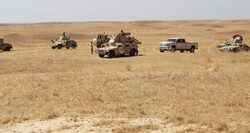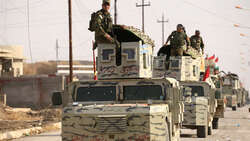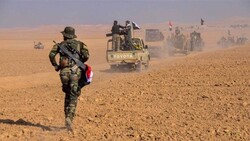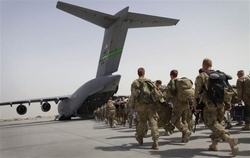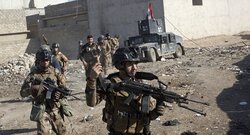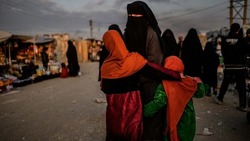Fears of buried explosive mines in Iraq, enough to destroy 10 cities
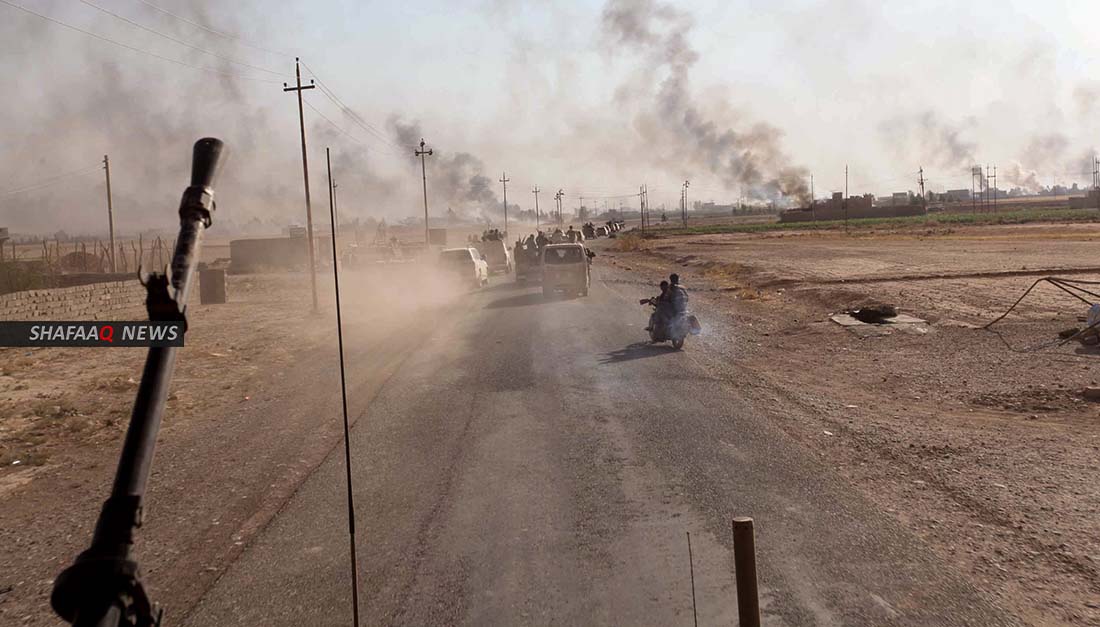
Shafaq News/ The explosion in the port of Beirut, Lebanon, raised fears for Iraqi cities about the dangers of remnants and unexploded ordnance; from explosions that may occur at any time and for several reasons.
ISIS has planted thousands of mines in areas under its control in Iraq -particularly in the vicinity of cities, in an attempt to repel the advance of Iraqi forces.
During the war with Iran, the Iraqi army planted millions of landmines along the Iraqi-Iranian border, tens of thousands of which remain in the border areas. This has led to problems threatening the economic reality of the border with Iran, which includes the cities of Khanaqin, Mandali, and Kazaniya in Diyala province.
Mazen Akram Al-Khuzaie, director of Kazaniya district (located in the Iraqi-Iranian border area), confirmed the presence of 10 mine sites Kazaniya, three others in Mandali (located 93 km east of Baquba) –which bordered Iran some 30 years ago during the Iraq-Iran war. Noting out that there had been no lifting or treatment despite the plans announced earlier; due to poor technical capabilities or financial problems, as well as a full preoccupation with ISIS events after 2014.
Al-Khuzaie told Shafaq News agency that, the former regime -before 2003- encouraged people to search for mines in exchange for buying them for lucrative money, causing accidents that killed dozens of residents, and injured a large part of them with a disability; noting that the US forces after the overthrow of the former regime followed the same plan to buy mines from the people, and then return to arrest them for vague reasons.
"The incidents of mine explosions ended four years ago after they were washed away by floods coming from Iran, as well as warning signs drawn by border forces to protect farmers and herders in the vicinity of the minefields" Al-Khuzaie added.
For his part, security expert Murtatha Al-Sa’idy, estimated the danger of the minefields located in the border of Diyala and Iran, as sufficient enough to destroy 10 cities, said "the danger remains despite the difficulty of the armed groups’ access, or using them to manufacture explosives to launch armed attacks".
In his speech to Shafaq News agency, Al-Sa’idy warned of the torrential rains expected during the winter; which may be dredging waste and projectiles into agricultural and residential areas, calling on the concerned authorities to adopt "a comprehensive plan to clear mines or use competent international organizations to remove mines and clear the border of Diyala- Iran from the potential dangers that may explode at any time".
The threat of mines is not only border-based, but the United Nations Mine Action Service (UNMAS) has confirmed that mines and explosives are scattered in areas that were under ISIS control in Iraq, and the process of removing them is difficult and more dangerous because of the "contamination" of explosives.
"Conflicts and military campaigns aimed at recapturing Iraq's cities from extremist groups displaced more than 5.8 million people between 2014 and 2017”, UNMAS said.
UNMAS explained that many are still homeless or unable to return home because of the "massive explosive contamination" associated with airstrikes and improvised explosive devices left by ISIS, sometimes even tied to the bodies of ISIS fighters. Also pointed out that, the amount required to respond to mine-affected countries' requests amounted to 495 million dollars; noting that the highest funding requirements were in post-conflict areas including Iraq (265 million dollars), Afghanistan (95 million dollars) and Syria (50 million dollars).
Per Ludhammer, a UN demining expert said Mosul alone needs 10 years to be cleared of mines and bombs.
United Nations statistics and demining organizations estimate that the number of mines laid in various countries of the world exceeds 110 million; 40% of which is in Arab countries, and Iraq is second only to Egypt.
